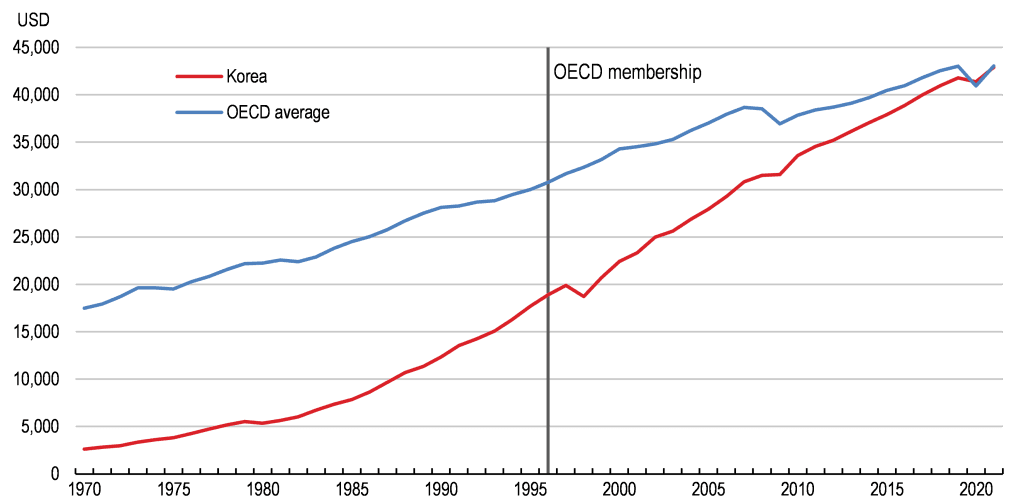AI-Generated Summary
Introduction to Social Housing Policy
The OECD has published a policy brief emphasizing the significance of social housing as a crucial aspect of both past and future housing strategies in Europe. This document highlights that social housing comprises more than 28 million dwellings, accounting for roughly 6% of the total housing stock in OECD and non-OECD EU countries.
Variability Across Nations
Social housing models differ significantly across countries, with less than 10% of total dwelling stock in most OECD countries, while countries like Austria, Denmark, and the Netherlands see social housing constituting over 20%. The sector aims for social mixing but faces challenges, leading to a concentration of lower-income and vulnerable tenants, which threatens economic sustainability and exacerbates poverty spatially.
Decline in Social Housing Sector
Recent trends indicate a shrinking social housing sector, attributed to reduced public investment in housing. In many countries, the absolute number of social housing units has declined, even as revitalization projects aim to enhance the quality of dwellings and neighborhoods. Policymakers must address the risk of displacing low-income households during these renovations.
Impact of COVID-19
The COVID-19 pandemic has exacerbated existing issues of housing affordability and quality, particularly impacting low-income and vulnerable households. The crisis has led to urgent government responses, including investment in social housing as a critical element for sustainable economic recovery. The EU’s “Renovation Wave,” part of the European Green Deal, highlights the need for improved housing quality and energy efficiency.
Overview of Social Housing Models
Social housing varies widely in definition, scope, and target populations. Some countries implement universal models open to a broad population, while others focus on targeted models for low-income households. In many cases, social housing is provided at sub-market prices and allocated through criteria such as income levels and household composition.
Eligibility and Providers
Eligibility for social housing is often determined by income thresholds, with many countries prioritizing vulnerable populations. The providers of social housing can include public entities, private organizations, and non-profit associations. The governance of social housing is typically decentralized, with regional and municipal authorities playing significant roles.
Financing Challenges
The financing of social housing relies on various sources, including rent from tenants and government subsidies. However, declining public investment has compelled social housing providers to seek diversified funding sources, leading to a shift towards more complex financing instruments. The sustainability of social housing remains a critical issue as costs continue to rise.
Future of Social Housing
The future of social housing is intertwined with demographic changes, urbanization, and economic pressures. It is essential to address the ongoing challenges of spatial segregation, declining quality, and the concentration of poverty within the sector. Policymakers are urged to ensure that investments in social housing support a more inclusive economic recovery that emphasizes sustainability and affordability.
Conclusion
In conclusion, social housing stands as a vital component of housing policy that not only addresses the immediate needs of low-income households but also contributes to long-term economic sustainability and social cohesion. Enhanced public investment and targeted policy measures will be crucial for navigating the complexities of the housing landscape in Europe.
